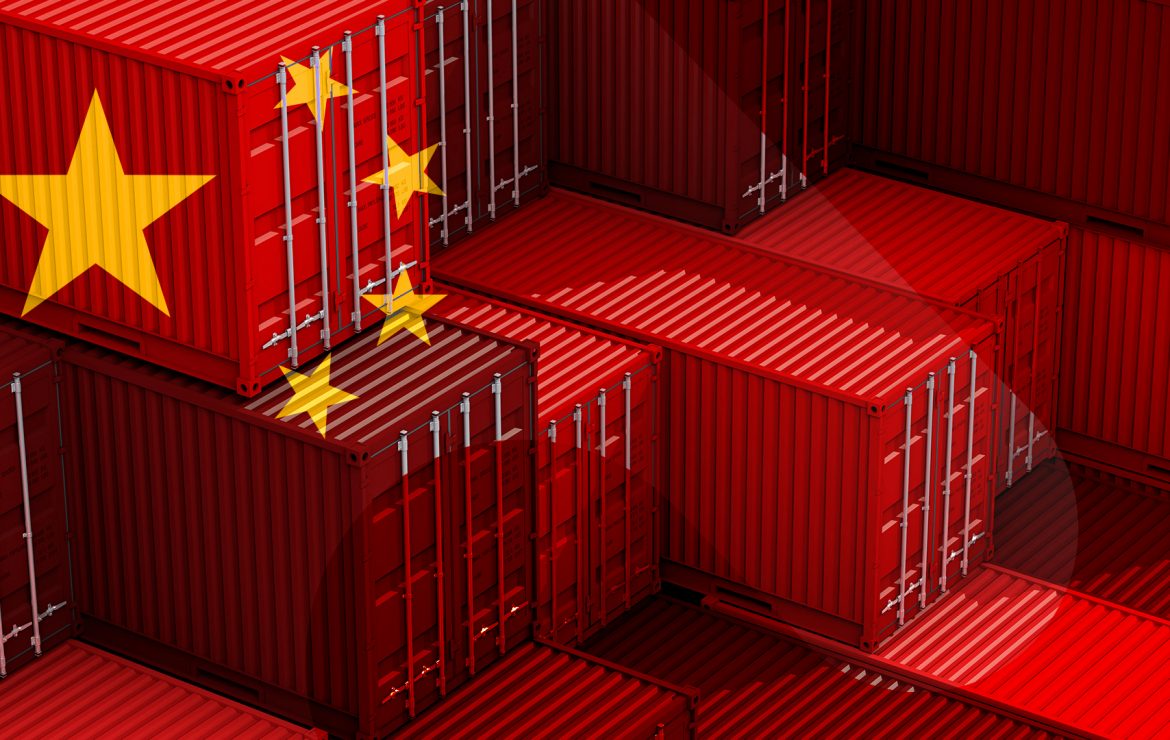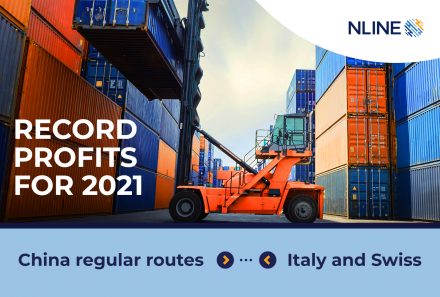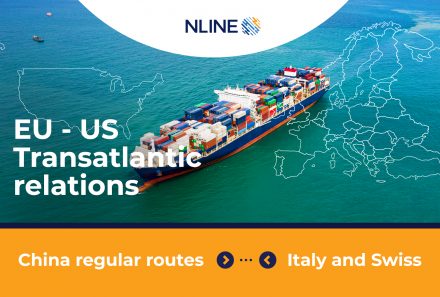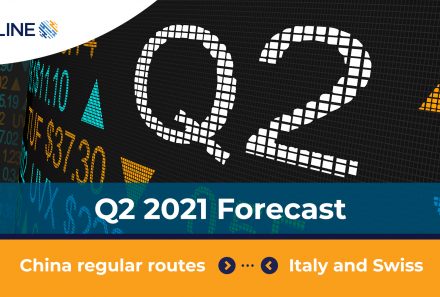
A MIXED START TO 2020
With industry and trade affected by coronavirus, there are some bright spots on the horizon
It is almost impossible to avoid the economic fallout from this outbreak which has had such a significant effect on world trade. The impact on the shipping industry will take some time to dissipate, but it is apparent that new ideas and particularly the use of technology might go some way to improving the viability of the industry. Although some of the ships that have been retrofitted with scrubbers are waiting for open slots, the substantial cost saving on the ships using the HFO as opposed to the new but more expensive LSFO, ship owners will certainly use them at the first opportunity to deal with the backlog and when trade picks up. Whilst the new fuel is priced at over $200 per ton, the scrubber fitted vessels show a considerable advantage. As the Chinese factories return to work and exports pick up again, the build -up of containers will start to move and shipowners will certainly take advantage of the price difference as long as it applies.
INNOVATION BRINGS SOLUTIONS
The shipping industry, just as the air cargo sector, must always change and adapt to suit the customers and marketplace. If a ship is equipped with a network of sensors which can monitor and detect problems of faults or potential repairs, coupled with good onshore communications, many operations will be managed from bases and managers on land. Considering the urgent need for environmental controls and the elimination of carbon throughout all modes of transport, new technologies will evolve to offer solutions. For ships for example, experiments are being made to find new kinds of fuels, such as LNG, as well as better shaped hulls as well as more efficient route planning to save unnecessary fuel burn. In future ship design, the use of solar cells and even wind power will be incorporated into the overall fuel system to reduce conventional fuel consumption.
Several new technologies are playing significant parts in streamlining the shipping industry and one of the most important is the use of block chain which offers day supply chain partners full information on shipments and progress which can save time and money and reduce the amount of paper documentation in use. There will also be a greater use of real-time tracking, greatly used in the airfreight industry but which can provide definite advantages for ships especially on long voyages. For example, it would be possible to monitor the temperature of a particular reefer container with frozen perishables which may suffer temperature spikes during transportation, which may not be apparent when the container arrives at its destination, seemingly in perfect condition.
Next week we will look at the role of artificial intelligence and the use of robots and drones in the transportation industry.






